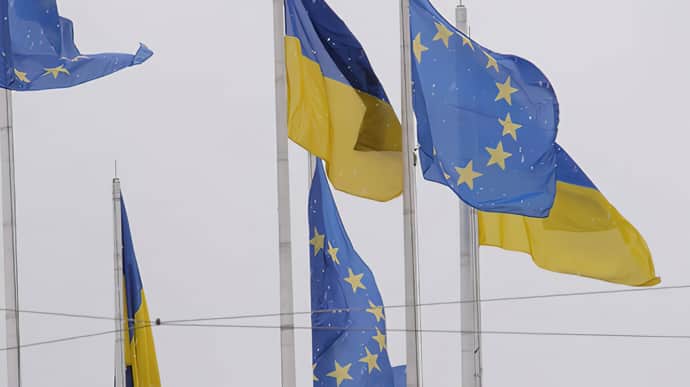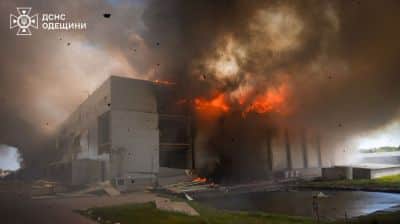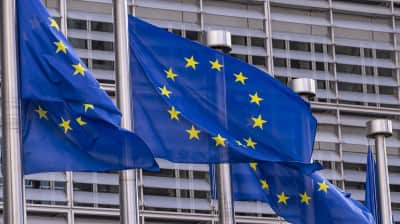EU presents first-ever defence industry strategy with Ukraine included in it

The European Union aims to buy 50% of weapons produced and stored within the bloc and cooperate with Ukraine until at least 2030.
Source: text of the proposed document on the website of the European Commission
According to the document, the main reasons for the adoption of this strategy are the military threat from Russia and the dependence of EU member states on the weapons sold by third countries. In 2022, EU defence spending increased to €240 billion, but 78% of purchases took place outside the EU. Most of the weapons were purchased in the United States.
The authors of the document see the low level of consolidation of the member states as one of the main problems of the EU defence industry. Governments buy weapons separately, based on their interests. This leads to the fact that defence companies are forced to operate in several scattered markets, rather than in one large and integrated one.
It is emphasised that European customers have recently increasingly bought ready-made weapons in third countries, instead of investing in capacities and jobs in the EU.
As a result, defence companies become dependent on exports and the national customer is not a priority for them anymore.
To solve the urgent problems in the defenсe industry, the strategy provides for member countries to achieve such indicators by 2030:
- 40% of defenсe purchases should be made jointly by member states;
- Arms trade between member states should account for at least 35% of the total EU arms market;
- By 2030, 50% of defenсe purchases should be made within the framework of the European Union, and by 2035 this amount is supposed to reach 60%.
The strategy also provides for direct investment in the defence industry of US$1.5 billion from 2025 to 2027 under the joint European Defence Investment Programme (EDIP).
A separate paragraph in the document mentions Ukraine. It is emphasised that deepening cooperation with the Ukrainian defence complex will become part of the EU's security obligations to Ukraine.
In particular, Ukraine will be able to participate in joint purchases of EU weapons, and the domestic defence industry will be able to receive financial support from EDIP. For the latter, profits from frozen Russian assets can be attracted.
European political structures will explore the possibility of further stimulating cooperation between the European Union and the Ukrainian defence industry. To strengthen cooperation, the EU-Ukraine defence industry forum will be held in 2024.
Support UP or become our patron!







